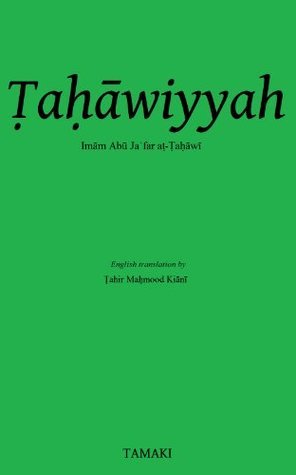What do you think?
Rate this book


31 pages, Kindle Edition
First published January 1, 2007
It is He who has sent down to you, [O Muhammad], the Book; in it are verses [that are] precise - they are the foundation of the Book - and others unspecific. As for those in whose hearts is deviation [from truth], they will follow that of it which is unspecific, seeking discord and seeking an interpretation [suitable to them]. And no one knows its [true] interpretation except Allah . But those firm in knowledge say, "We believe in it. All [of it] is from our Lord." And no one will be reminded except those of understanding. (Qur'an 3:7)After reading both sets of translations (and you can pick any translations funded or approved by Saudi Arabia) and the attitudes of each "party", it is obvious whose approach the Qur'an Itself is condemning.